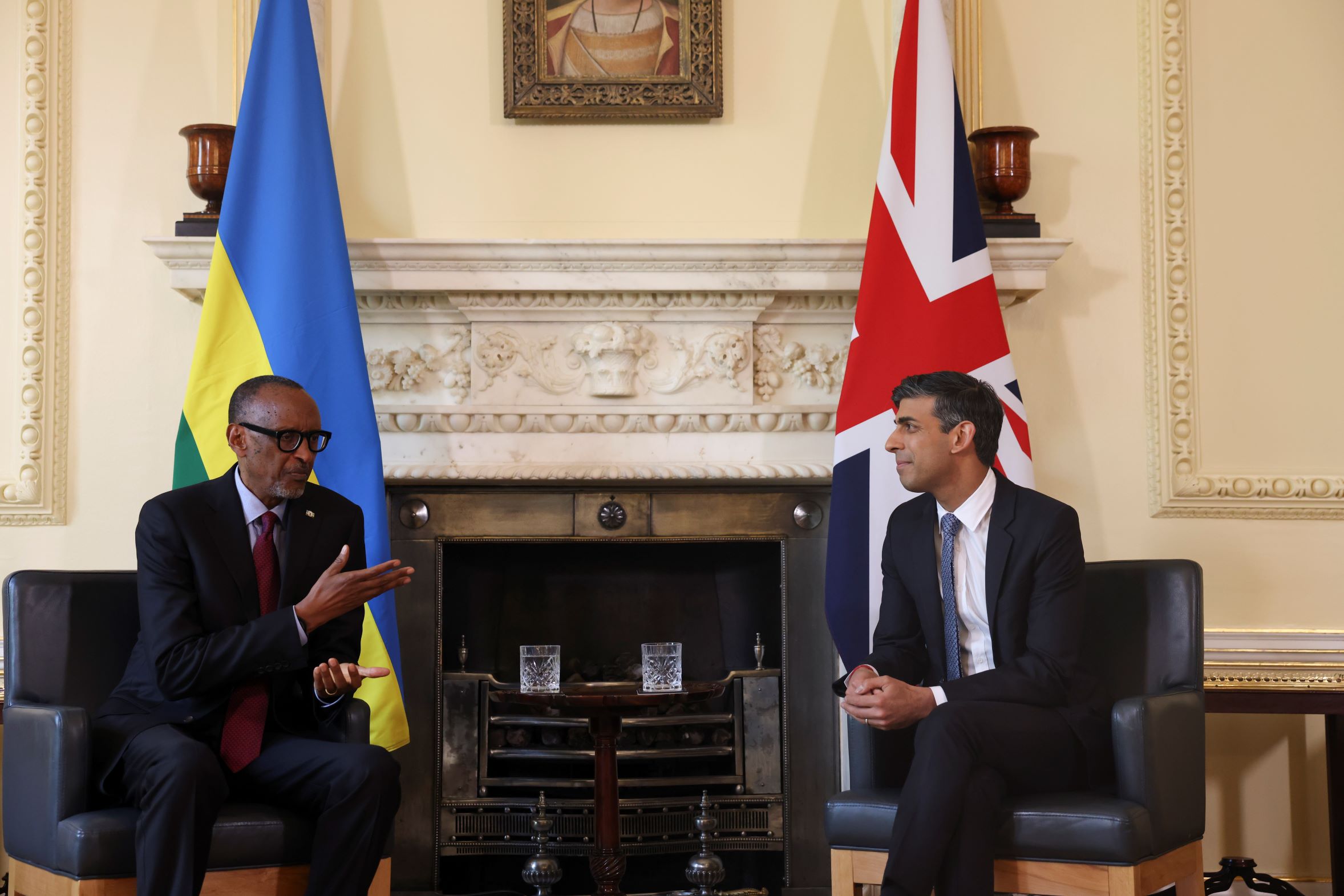 Following the killing of Anwar Al-Awlaki in Yemen and the continuing use of military commissions to prosecute alleged terrorists, Jason Ralph analyses the evolving character of the War on Terror as it enters its second decade.
Following the killing of Anwar Al-Awlaki in Yemen and the continuing use of military commissions to prosecute alleged terrorists, Jason Ralph analyses the evolving character of the War on Terror as it enters its second decade.
The killing in Yemen of the Islamist cleric Anwar Al Awlaki is not a surprise. We have known since April 2010 that he was in America’s sights. The conduct of the war on terror in the border regions of Afghanistan and Pakistan also alerted us to the possibility that the US would use the much talked about Predator Drone to kill Awlaki. It is being presented as another success for the Obama administration. One that is not quite on a par with the killing of bin Laden, but one that nevertheless contributes to the ultimate goal of defeating al Qaeda. Much of the American commentary focuses on the fact that Awlaki was an American citizen. There are, however, important differences between the killings of bin Laden and Awlaki beyond this. These should cause the British government to reflect on the evolving nature of the war on terror under President Obama.
The first is that the operation against bin Laden was conducted by ground forces. Commentators speculated why this was the case, the obvious one being that the intelligence hoard that US special forces took from Abbottabad would have been destroyed in a drone strike. There is another possibility however. We are told that the order was to capture bin Laden if possible. The use of ground troops lends credence to that. This allayed liberal concerns that Obama had ordered an extrajudicial killing. However, special forces have no option to arrest when they target a terrorist suspect with a drone, which has led to accusations that the more recent strike was an extrajudicial killing. Liberal governments should be concerned – the right to arrest is a corollary of the right to life. When Abu Ali al-Harithi was killed in Yemen by a CIA Predator drone in November 2002 liberal governments spoke out. Swedish Foreign Minister Anna Lindh, for instance, described it as a ‘summary execution’.
Two weeks ago, Obama’s senior counter-terrorism adviser John Brennan defended the use of lethal force as a policy option. His speech echoed the Bush doctrine on pre-emptive self defence. Traditionally a state can use lethal force in self defence if it is faced with a threat that is ‘instant, overwhelming, leaving no choice of means, and no moment for deliberation’. Bush however highlighted the need to relax that standard in his 2002 National Security Strategy. Brennan in fact went further. He claimed that the norm had already changed. There was he said an ‘increasing recognition in the international community that a more flexible understanding of “imminence” may be appropriate when dealing with terrorist groups’. We know from his videos that Awlaki was inciting murder, but has the norm regulating the state’s right to use lethal force in self-defence stretched so far that this kind of incitement passes for an imminent threat? If other states do not follow Lindh’s lead in at least asking the question then we might be forced to accept that it has.
Brennan also repeated the Bush-Obama line that the US is in an ongoing war with al Qaeda. There is of course nothing illegal about targeting an enemy combatant in war. Up until now, however, there was speculation about the geographical scope of Obama’s battlefield. Liberals giving him the benefit of the doubt argued he was fighting a war limited to the Af/Pak region. The global war on terror had ended. This kind of liberal optimism is no longer sustainable. As if in anticipation of the Awlaki strike Brennan stated that the US did ‘not view our authority to use military force against al-Qa’ida as being restricted solely to “hot” battlefields like Afghanistan’. Where then does the battlefield in Obama’s war on terror begin and end? It obviously extends to the Arabian peninsula. Al Qaeda operatives there have their own acronym: AQAP. But what about those places where other supporters of al Qaeda are? The thought of CIA drones flying over European cities may seem ridiculous. But it is a political rather than a legal argument that makes it so.
Questions about Obama’s war on terror were being asked before the Awlaki killing. Last week Abd al-Rahim Hussein Muhammed Abdu Al-Nashiri was charged by a US military commission with the crime ‘murder in violation of the laws of war’. He is alleged to have led the 2000 attack against the USS Cole, which had been in the Yemeni port of Aden. Few people considered the US to be involved in armed hostilities at that time or place. But Obama’s decision to prosecute Al-Nashiri in a military commission as opposed to a federal court demonstrates how expansive and resilient Bush’s war paradigm has become.
In addition the global war on terror remains ‘a different kind of war’. As an ‘enemy combatant’ Al-Nashiri might have expected immunity from prosecution for attacking US military targets. This again seems ridiculous. But it is America’s war paradigm that gets us to that position. To avoid that the US created ‘murder in violation of the laws of war’, which makes the targeting of US service personnel a war crime. It only applies to one side of ‘the conflict’ and for that reason international lawyers consider it a unilateral rewrite of the laws of war.
British politicians tired of answering difficult questions about how they squared ‘the special relationship’ with a commitment to international law were no doubt relieved to see the back of George Bush. But the events of the last week show that those questions have not gone away. Public servants at the sharp end of British counter-terrorism may have rejected the war paradigm but it continues to inform the practices of their close ally.
Please read our comments policy before posting.








2 Comments